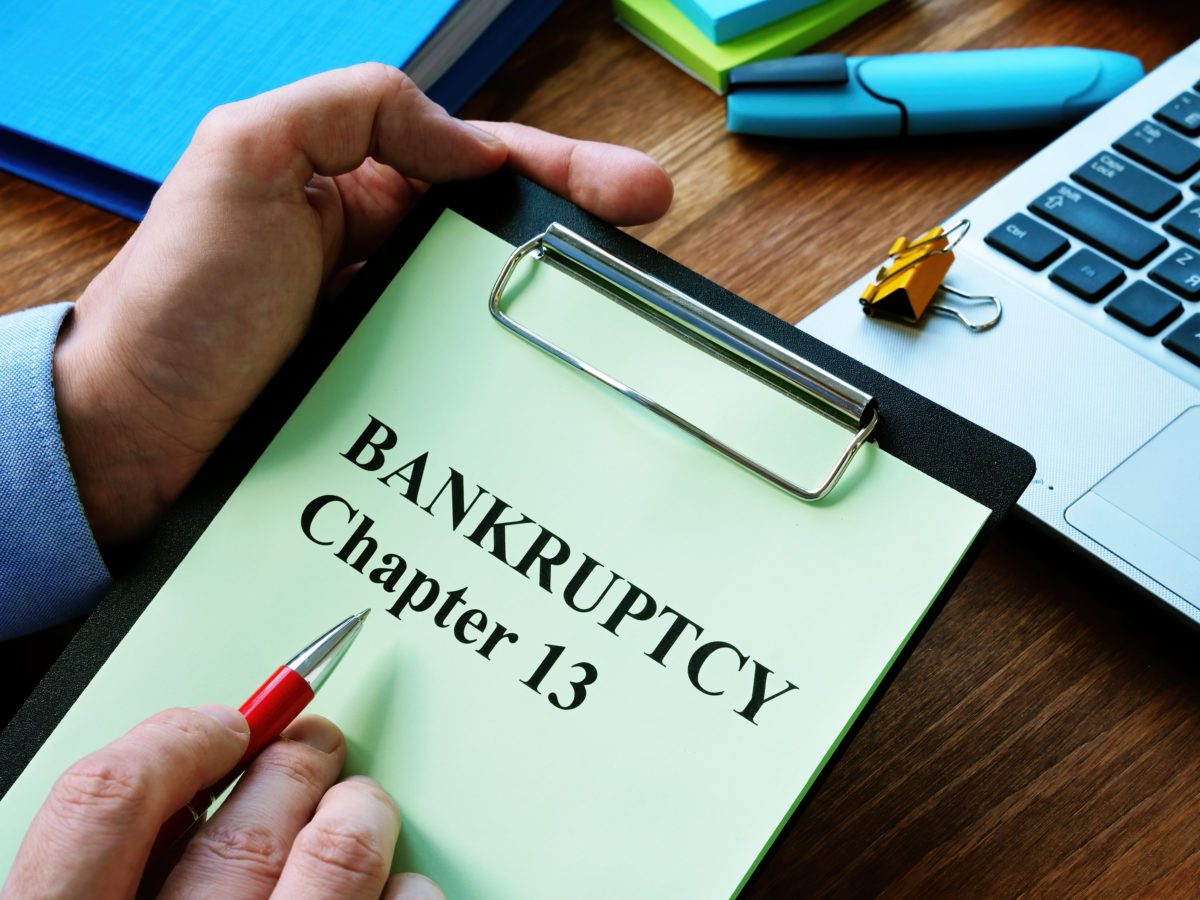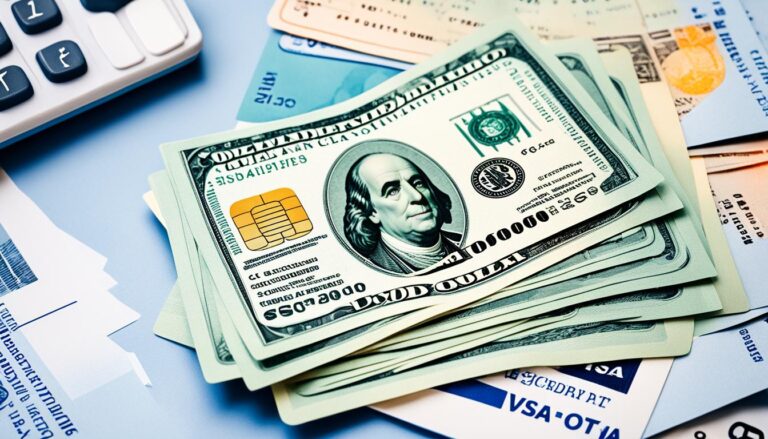In this article, we’re going to cover the issue of tax refunds and bankruptcy. Specifically, many people have the question “can I keep my tax refund after filing Chapter 13?”
So how about it? If you file for bankruptcy and get a tax refund, does that money have to go directly to your creditors or can you keep it?
Here’s what you need to know.
Can I Keep My Tax Refund After Filing Chapter 13?
For the purposes of bankruptcy, a tax refund is an asset. Your bankruptcy trustee will know that you’re going to get a refund. And they will keep on top of things to see when you get it.
However, whether you have to turn it over or can keep on to it depends on your personal situation.
Getting an Exemption
One way you can potentially keep your tax refund is to file a bankruptcy exemption. Doing this can help you protect some of your assets from creditors.
Whether you can get an extension or not will depend on where you live. This is because states have different rules for how the extensions work. However, most states do not have specific exemptions for tax refunds.
That said, you may be able to get a wildcard exemption. This will basically let you choose which asset you can protect.
Get Your Refund Before Filing For Chapter 13
This option comes down to timing. There may be situations where you can get your tax refund before you file for Chapter 13. If you do this and can use the tax refund for necessary expenses, you can protect your refund money.
If you are unable to do either of the above to protect your tax refund, then you are pretty much left with no choice but to pay your tax refunds to your creditors.
How Chapter 13 Bankruptcies Work
Before we dive deeper, it’s important to briefly cover what exactly a Chapter 13 is. A Chapter 13 bankruptcy allows individuals who earn regular income to develop a plan to repay their debts.
Typically this happens through a repayment plan that lasts from 3 to 5 years. Chapter 13 is also known by another name called a wage earner’s plan.
The Chapter 13 requires you to pay all of your disposable income into the Chapter 13 plan. Disposable income refers to any income that is not used for necessary and reasonable expenses such as food, transportation, and shelter.
Back To Chapter 13 and Your Tax Refund
During Chapter 13 bankruptcy, your Chapter 13 trustee may consider your tax refund as disposable income. But they may only consider tax refunds as disposable income if they represent funds that were not included in the income and expense calculations used to support your Chapter 13 plan.
Some Chapter 13 plans require you, the debtor, to put any federal tax refunds into your repayment plan. This usually happens when unsecured creditors are paid less than 70 percent.
However, it is possible for the debtors such as you to keep your tax refunds during the duration of repaying your Chapter 13 plan. An unexpected event or need that has affected your ability to pay living expenses may convince your Chapter 13 trustee not to collect your tax refunds.
One other recommendation is to adjust your employment tax. Doing so can reduce the amount of your tax refund (or eliminate them completely). The smaller tax refunds you have, the less your Chapter 13 trustee can take.








